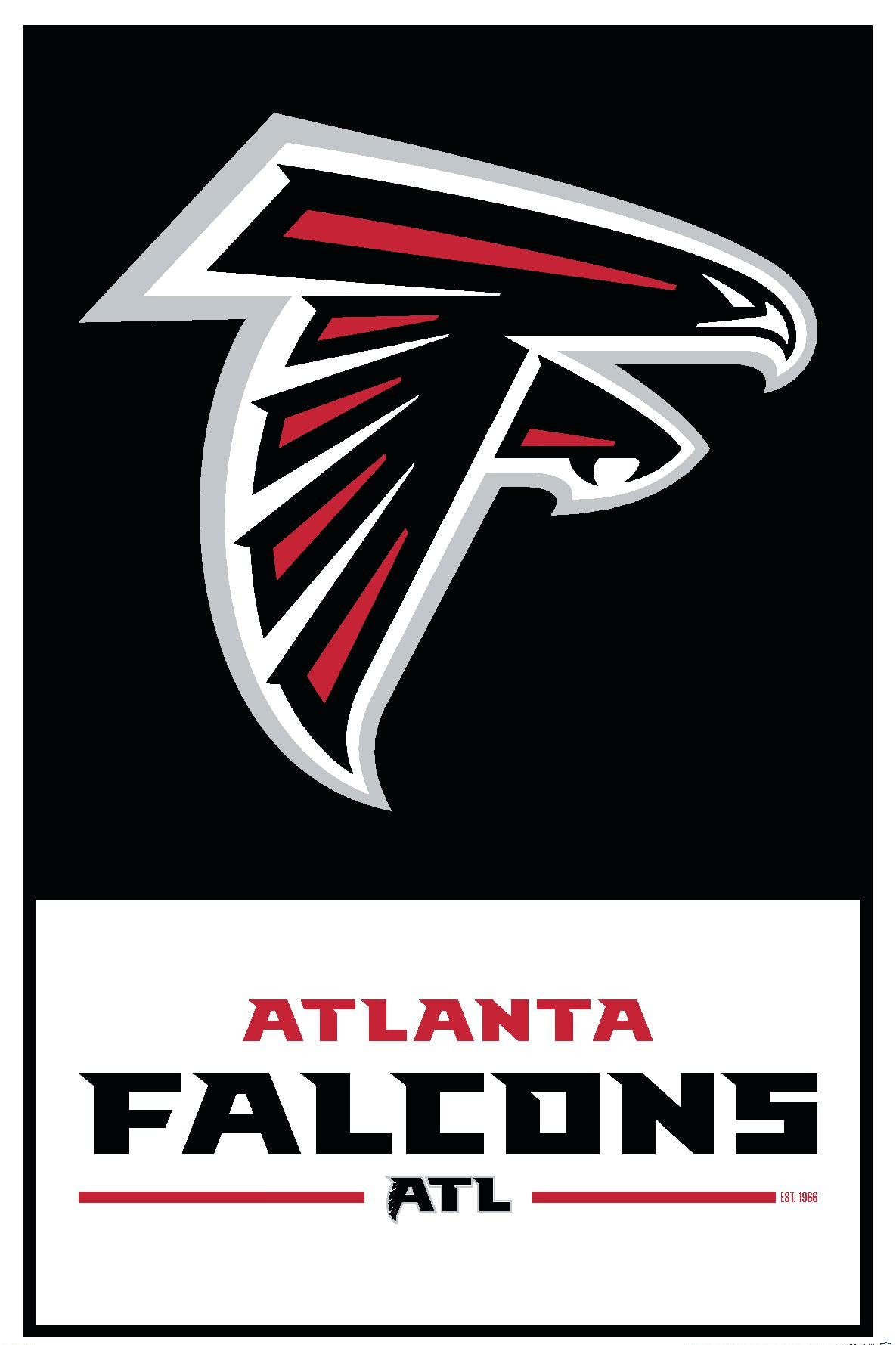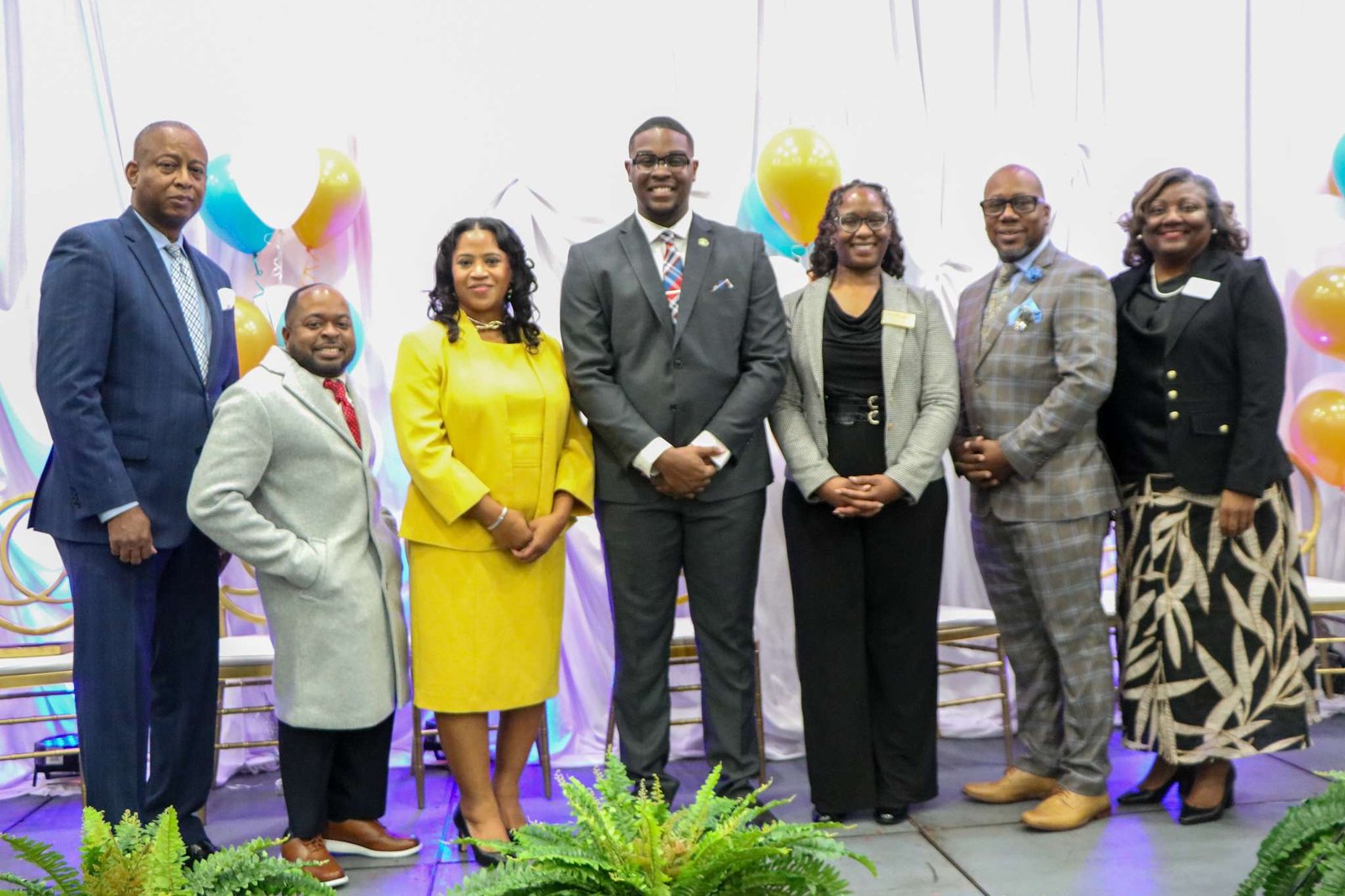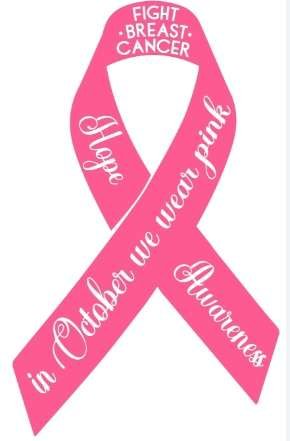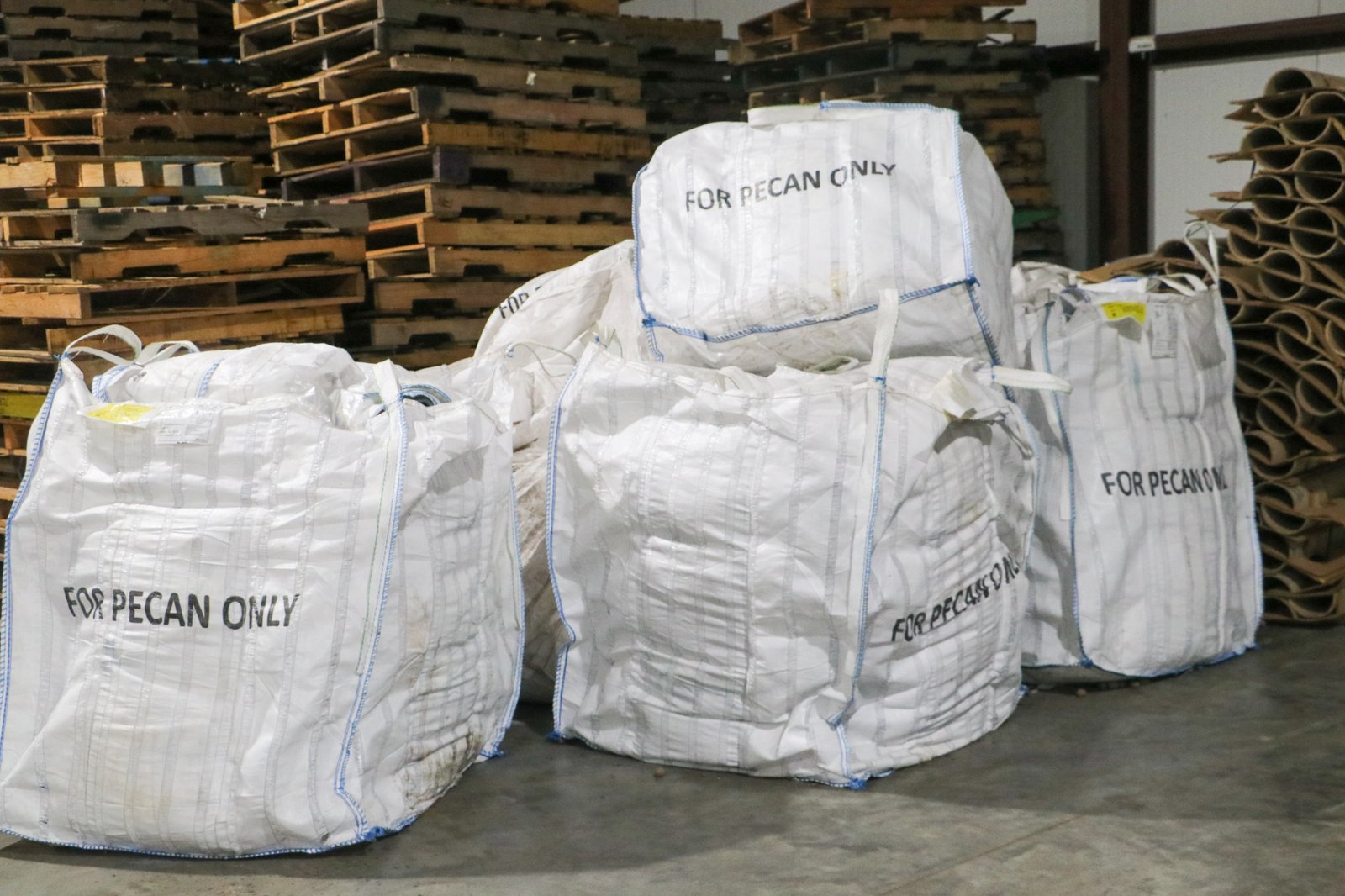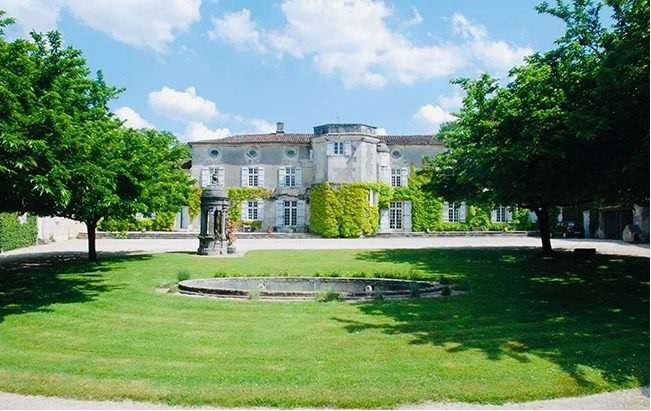
By Milton Kirby | Shelbyville, TN | October 11, 2025
A French Estate on the Market
The court-appointed receiver overseeing Uncle Nearest, Inc. says the company’s French estate—known as Domaine Saint Martin—will be sold to satisfy debt, calling the Cognac property “non-income-producing” and estimating that it would require $15 million to $25 million in new investment to launch a viable product line.
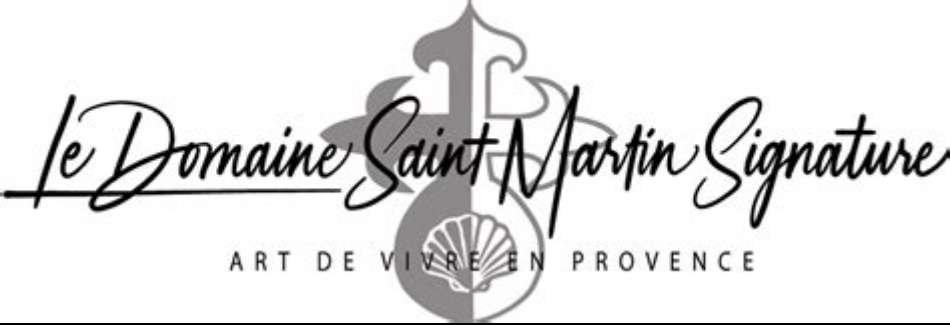
In a 19-page quarterly report filed October 1, Receiver Phillip G. Young Jr. described the château, vineyards, and related intellectual property as “non-core assets” and confirmed he has already received one offer and two additional inquiries for the French holdings. The report also identified real estate in Martha’s Vineyard and Bedford County, Tennessee among other non-income-producing assets now under review for possible liquidation.
Young’s team has begun domesticating the U.S. receivership order in France, a legal step required before any sale or transfer of the Cognac property. Until a French court recognizes that order, control of the local bank accounts and property remains limited.
The Numbers Behind a Billion-Dollar Brand
Public filings confirm that Uncle Nearest raised more than $220 million from roughly 163 individual investors, with founder Fawn Weaver retaining about 40 percent ownership and 80 percent of voting rights.
Pre-receivership valuations placed the company between $900 million and $1.1 billion—figures drawn from investor briefings and industry profiles that underscore why the brand’s fate now carries implications well beyond a simple debt workout.
The receiver’s report portrays a company that remains operational and cooperative, with employees and management assisting in stabilization efforts. Payroll has been restored, distribution channels reopened, and new product releases are expected this quarter.
Still, the report makes clear that cash flow remains tight, and that lender Farm Credit Mid-America has advanced $2.5 million in emergency funding under a forbearance agreement.
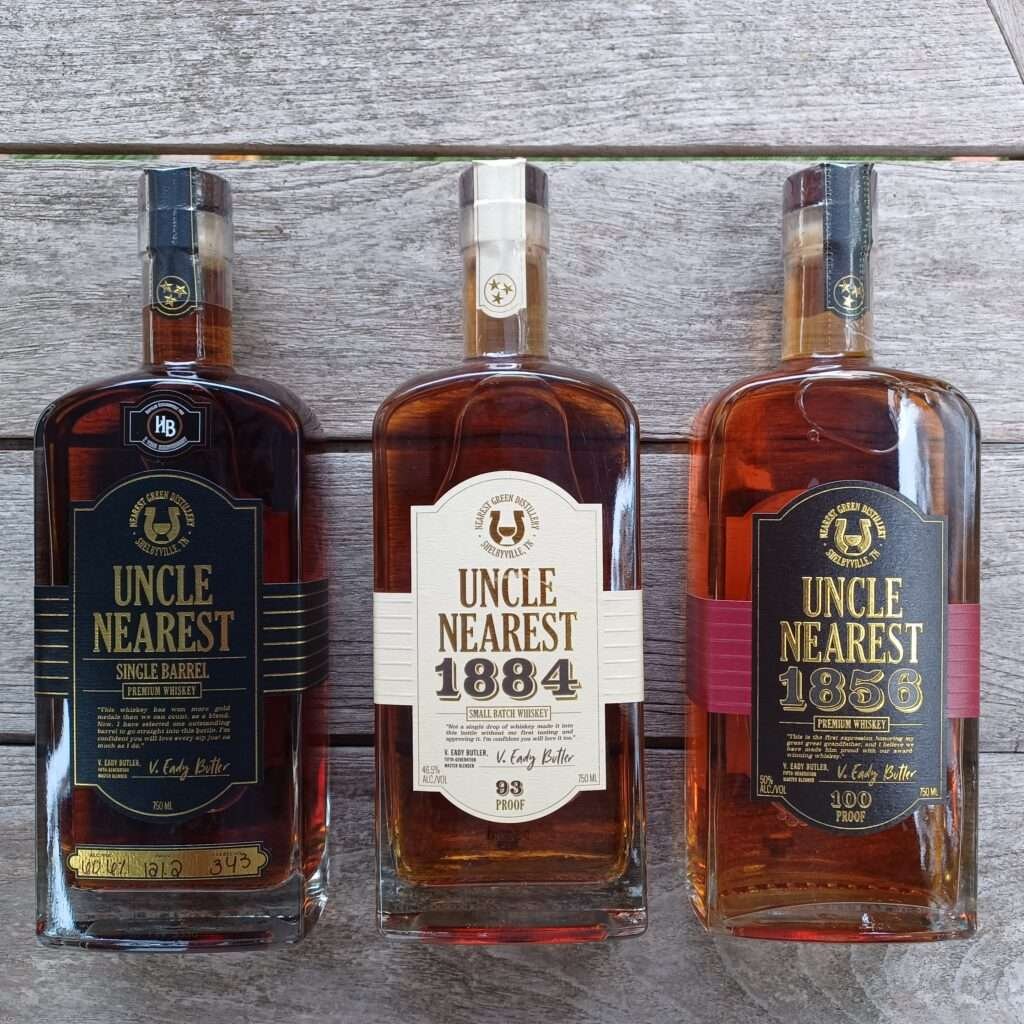
Receivership and Race: What the Data Show
Receivership is a court-ordered process in which a neutral third party assumes control of a company to preserve its value for creditors. It differs from bankruptcy in that operations often continue and the goal—at least in principle—is rehabilitation or an orderly sale, not liquidation.
While direct, specific statistics detailing the comparative success rates of minority-owned versus white-owned companies emerging from formal receivership are difficult to find in public reports from universities, banking regulators, or the SBA, there is extensive research highlighting disparities in business outcomes, access to capital, and failure rates that contribute to such financial distress.
General Business Outcome Disparities
Research indicates that minority-owned businesses generally start smaller, have lower revenues and profits, and have lower survival rates compared to white-owned businesses—conditions that make financial distress or receivership more likely.
• Closure/Survival Rate: A 1992–1996 study found that the average probability of closure was 26.9% for Black-owned firms, compared to 22.6% for white-owned firms.
• Revenue Disparity: Over half of Black-owned businesses have annual revenue below $100,000, compared to only 13% of white-owned firms.
• Financial Distress: In 2019, 58% of Black-owned and 49% of Hispanic-owned firms were categorized as financially at risk or distressed, compared to 29% of all small businesses.
• COVID-19 Impact: During the pandemic, Black-owned businesses closed at more than twice the rate of white-owned firms.
Disparities in Access to Capital
• Loan Approval Rates: Black-owned firms apply for new funding more often but are approved 19 percentage points less frequently than white-owned firms.
• Full Financing Received: Among low-credit-risk applicants, 48% of white-owned, 25% of Latino-owned, and only 46% of Black-owned firms received none of the financing they sought.
• Credit Risk Perception: Black-owned businesses are 3–5 times more likely to be labeled “high credit risk.” Only 33% of Black-owned businesses had low credit risk, compared to 72% of white-owned firms.
These statistics were compiled from publicly available research by the Federal Reserve, the U.S. Small Business Administration (SBA), and multiple peer-reviewed academic studies. They have been independently reviewed and summarized by The Truth Seekers Journal for inclusion in this publication.
General Outcomes in Receivership and Bankruptcy
Restructuring and receivership processes tend to lead to one of three outcomes:
1. Successful Emergence/Reorganization (Going Concern)
2. Sale as a Going Concern
3. Liquidation
While specific comparative data are limited, the broader research on capital access and survival rates strongly suggests that minority-owned companies face greater barriers to achieving the more favorable outcomes—successful reorganization or sale as a going concern—due to longstanding inequities in lending, collateral valuation, and investment access.
Assets Under Scrutiny
The Receiver’s First Quarterly Report states plainly that Uncle Nearest’s non-income-producing assets “should be liquidated.” That includes Domaine Saint Martin in France—acquired in 2023 as part of the company’s planned Cognac expansion—and property in Martha’s Vineyard reportedly purchased for $2.25 million through UN House MV LLC.
Industry observers note that the Cognac estate’s sale would unwind the company’s most ambitious international venture—an African-American-owned whiskey label expanding into the ancestral home of cognac production.
What the Receiver Did Not Investigate
In his 19-page report, the Receiver concluded that Uncle Nearest “lacks the ability to make that investment at this time,” referring to the $15–$25 million required to bring the Cognac operation to market.
However, the report does not analyze alternative scenarios—such as whether a strategic capital infusion, investor partnership, or lender-backed financing package could preserve the asset and enhance the company’s value over time.
The Receiver did not address whether a coordinated plan between Uncle Nearest’s ownership and its primary lender, Farm Credit Mid-America, could fund the launch of the Cognac line within a 36-month horizon, potentially transforming a dormant holding into a global revenue stream. Nor does the report estimate the annual cost of maintaining the French estate, or compare that expense against the projected value of an operating Cognac division. These omissions raise a key question: is the sale of the French property a necessary financial remedy—or a missed opportunity to strengthen a billion-dollar brand’s international expansion?
Who We’re Asking Next
As part of The Truth Seekers Journal’s continuing coverage of the Uncle Nearest receivership, we first reached out to Receiver Phillip G. Young Jr. at Thompson Burton PLLC for comment and clarification regarding several key findings in his October 1 report.
Our questions—emailed on October 10, 2025—included requests for information about asset valuations, operating benchmarks, professional fees, and any offers for the company as a whole. As of publication, no response or acknowledgment has been received.
In the coming days, we plan to reach out to additional individuals and organizations connected to the receivership and company operations, including Justin T. Campbell, Counsel for the Receiver, Thompson Burton PLLC; Newpoint Advisors Corporation, financial advisors to the Receiver; Thoroughbred Spirits Group, LLC, operational consultants; Farm Credit Mid-America, PCA, the senior secured lender; Fawn and Keith Weaver, company founders and principal stakeholders; and Tennessee Distilling Group (TDG), Uncle Nearest’s contract distiller and warehousing partner.

These inquiries will focus on valuation methodology, asset strategy, and possible restructuring options—particularly whether viable paths exist for the company to emerge stronger from receivership without selling the French Cognac estate.
If responses are received, The Truth Seekers Journal will publish a dedicated follow-up feature and reader update, continuing our commitment to factual, transparent coverage of this developing case.
This article was originally published on The Truth Seekers Journal.
This article was originally published on The Truth Seekers Journal.
Related stories:
Receiver’s Report Says Uncle Nearest Can Be Reorganized
Uncle Nearest at Legal Crossroads
Please consider supporting open, independent journalism – no contribution is too small!




